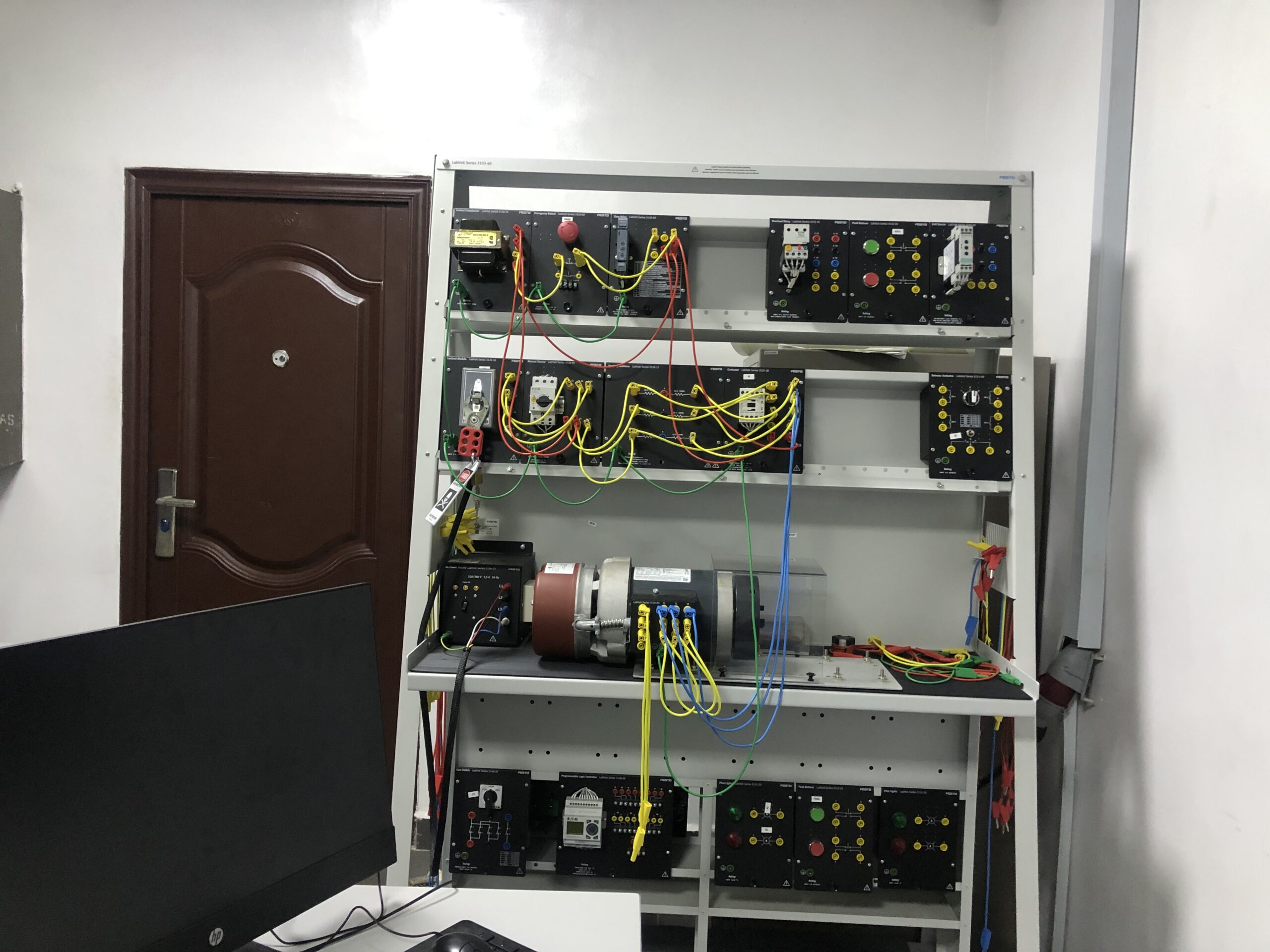
Motor Drives
Motor Drives course, students will delve into the fascinating world of electric motors, their control, and applications. Here’s an outline of what students can expect to learn:
- Fundamentals of Electric Motors: Students will start by understanding the basic principles behind electric motors, including electromagnetism, motor construction, and types of motors such as DC motors, AC induction motors, and synchronous motors.
- Power Electronics Basics: Since motor drives heavily rely on power electronics for controlling motor speed and torque, students will learn about power semiconductor devices such as diodes, transistors, and thyristors. They’ll also explore basic converter circuits like rectifiers and inverters.
- Motor Control Techniques: This part of the course focuses on various control techniques used in motor drives to achieve desired performance characteristics. This includes open-loop control, closed-loop control, vector control, and sensorless control methods.
- Drive Systems and Components: Students will learn about the components of motor drive systems, including controllers, sensors, feedback devices, and the role of microprocessors and digital signal processors (DSPs) in motor control.
- Speed and Torque Control: Understanding how to control the speed and torque of a motor is crucial in various applications. Students will study techniques such as pulse-width modulation (PWM), field-oriented control (FOC), and direct torque control (DTC) to achieve precise control over motor speed and torque.
- Applications and Case Studies: Throughout the course, students will explore real-world applications of motor drives in industries such as automotive, robotics, renewable energy, and manufacturing. Case studies and projects will provide hands-on experience in designing, simulating, and implementing motor drive systems for specific applications.
- Energy Efficiency and Power Quality: As energy efficiency becomes increasingly important, students will learn about techniques for improving the efficiency of motor drive systems and mitigating power quality issues such as harmonics and voltage sags.
By the end of the Motor Drives course, students will have a comprehensive understanding of electric motor operation, control principles, and practical applications in various industries. They’ll be equipped with the knowledge and skills needed to design, analyze, and optimize motor drive systems for different purposes, contributing to advancements in technology and sustainable energy solutions.
